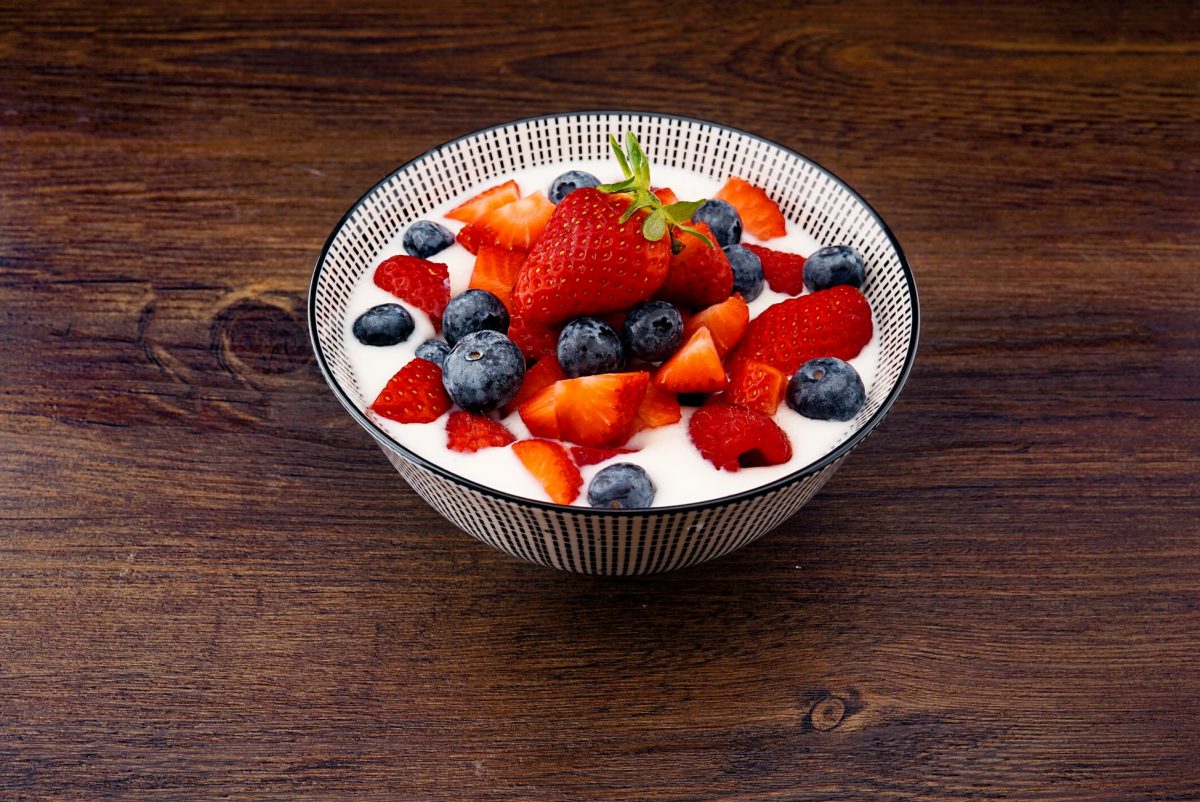Parents are always on the lookout for products that are natural and beneficial to the health of their children.
As research is developed, we’re starting to demand products that are free of artificial or chemical additives, unsure of what the consequences of these products may mean to our health in the future.
But that also means that companies are marketing products to families that sometimes make promises they don’t live up to.
We’ve heard a lot about “probiotic, prebiotic and microbiotic” products in recent years. They supposedly boost the natural organisms in our body to help foster good health.
As medical experts discover more and more about the importance of good bacteria in our bodies, manufacturers rush to meet the new expectations of consumers.
We no longer want to purchase healthcare, beauty, or cleaning products – let alone food items – that contain chemicals that we cannot pronounce. Products that help us live a “natural” life are in high demand.
So what are these good bacteria, and what do they do for us?
Well, the jury’s still out on much of it, but what doctors do know is that the “microbiome” is composed of all the good and bad bacteria and viruses that live in our bodies and on our skin.
Some help boost our immunity and protect us from illness; others are what invade, destroying the good bacteria and making us ill.
And every single person has a different collection of microorganisms that play a balancing act in regard to our health. They differ depending on our age, gender, ethnicity, and diet.
The human microbiome is being researched as the key to ending diseases such as cancer, obesity, heart disease, and even mental health issues.
It’s a complicated code that may be impossible to crack, although the goal of modern research is to discover whatever possible to help us all live longer, healthier lives.
And, of course, that means we want to start being healthier as soon as possible – and why parents are interested in products that promise to help give their children a healthy start.
There are plenty of new products out there – particularly beauty and skincare items for both children and adults – that say they work with the body’s microbiome.
And many of these are being marketed to parents for babies and young children with the promise that they help boost the body’s healthy bacteria – starting them on the healthiest path as early as possible.
Researchers, however, say parents should be skeptical.
First of all, the science behind the human microbiome is fairly new, and again, it’s a complex issue with far too many individual variables.
Products labeled as containing “prebiotics” or that “replenish natural nutrients” may sound great, but it is unclear if the companies behind them are doing the research needed to make these claims.
Dr. Jonathan Eisen tells the New York Times that most companies are overselling their “biome-friendly” products as doing more than they actually do.
Just like in advertising’s early days, everyone wants a “cure-all,” and consumers are often all-too-eager to accept what they want to hear.
Doctors also point to the fact that lotions, soaps, and other skincare products that promise to replenish the body’s nutrients may be doing more harm than good. Because both good and bad bacteria live in and on our skin, it would be hard to know that just good bacteria is being boosted.
And when it comes to dietary supplements that claim to “nurture the microbiome,” doctors say much of the research done by manufacturers does nothing to prove their claims.
In fact, Dr. Eisen says that much of this marketing is “in the realm of snake oil” salesmen of old.
So what can parents really do to nurture their child’s natural microbiome?
Most importantly, experts in the field of microbiology are telling parents to avoid antibiotics when at all possible.
In recent years, pediatricians have become more hesitant to prescribe them unless absolutely necessary because they can alter the body’s natural microbiome, destroying good bacteria with the bad.
And anything labeled “antibacterial” or “antimicrobial” is a warning sign to parents. Years ago, these products were all the rage, claiming to kill all the bad bacteria that would make us sick.
We slathered hand sanitizers on our children and used antibacterial cleaning products, all to find that they were actually damaging our immune system’s natural balance.
Common sense is key here — handwashing with soap and water, keeping children home when they’re sick and away from others who are ill, and not being obsessively concerned about them being exposed to germs.
Practicing good hygiene, exercising, and eating a natural, healthy diet will be far more beneficial than purchasing these expensive – and unproven – products.
Have you purchased products that claim to boost or protect your health with prebiotics or microbiotics? What do you think about their claims? Leave us your thoughts.

